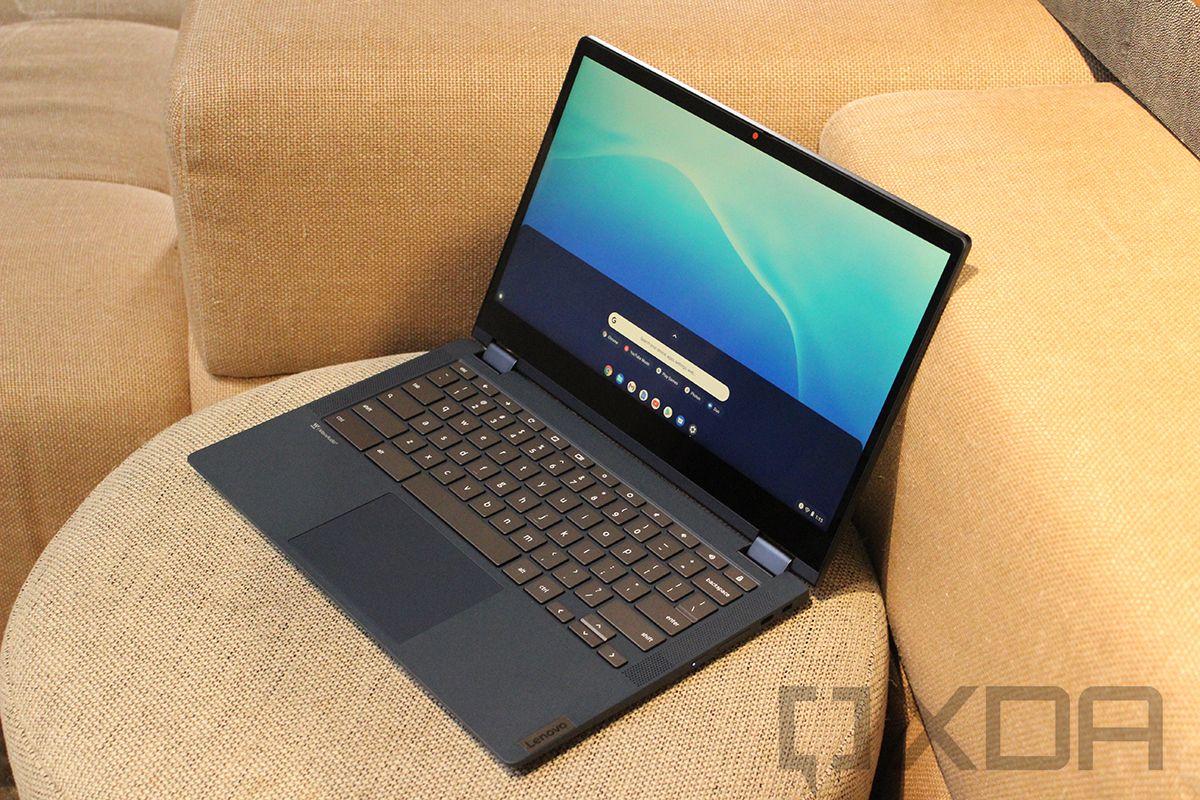Chromebooks still can't quite do everything that a traditional Mac or PC computer can do (like change the default web browser), but their compatibility with most Android applications and games has become more impressive over the years. More people are also using Android software on Chrome OS, at least according to a statistic Google just announced.
A new blog post on the Chrome OS development site rounded up some of the improvements for developing Chromebook-compatible Android apps over the past year, such as the addition of official Unity engine support in June. Google also had this to say, citing internal data collected by the company:
Whether they’re unleashing their creativity on Concepts, playing games like Crypt of the NecroDancer, or taking notes on Squid, more people are craving their favorite smartphone experiences on large-screen devices, such as Chromebooks, tablets, and foldables. On Chromebooks alone, the number of users engaging with Android apps increased 50% year over year (YOY).
In other words, 50% more people are using Android apps on Chromebooks now, compared to the 2020. Google didn't elaborate the reason for that change, but there are plenty of likely factors. The Google Play Store is displayed prominently on most new Chromebooks, and even though the Chrome Web Store hasn't been a popular place to download applications for a long time, Google officially ended support for Chrome Web Store apps on Chrome OS in 2021. TikTok and other platforms that are primarily only accessible through mobile apps also increased in popularity throughout 2020 and 2021.
Google has also been attempting to improve the experience of Android apps and games on Chrome OS, with some Chromebooks receiving an upgrade to Android 11. Outside of mobile apps, the desktop Linux VM on Chrome OS is also rapidly evolving, allowing Chromebook owners to use some traditional desktop applications without remote desktop or other streaming solutions.

